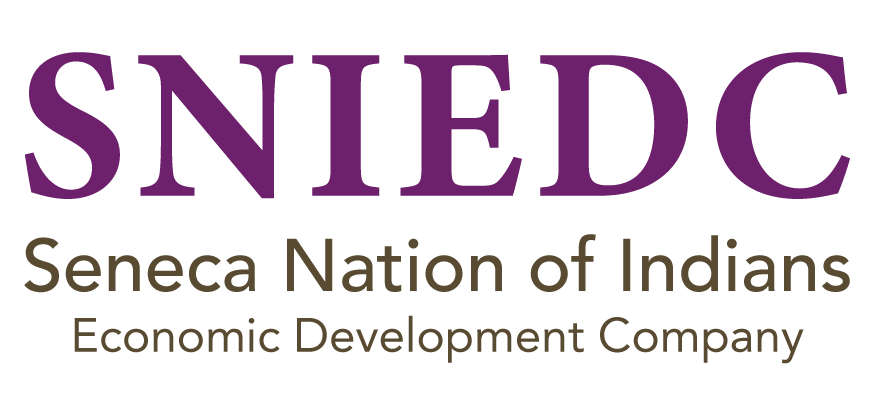What is CBA Reporter?
CBA Reporter is a service that enables nonprofit lenders to report small business, micro, and consumer loan data to two of the three major credit Bureaus: Transunion and Experian.
CBA reporter was created by and for our nonprofit members in response to a serious gap in the modern credit reporting system that locked millions of individuals with poor or no credit out of the mainstream financial system without opportunities to build credit. Our philosophy is that good credit is essential to achieving and maintaining financial stability. We believe that mission driven nonprofits are uniquely positioned to help these struggling families build credit as an asset.
CBA, through its hands-on customer service and award winning reporting platform, serves as a unique and vital link between our members and the credit Bureaus, advancing their joint responsibility and commitment to report consumer data accurately and appropriately.
Why Report?
#1: It’s Good for Borrowers!
Reporting Creates Credit History and Can Improve Scores:
- Six to twelve months of on-time payments reported can move an individual from un-score-able to a prime score.
- Six to twelve months of on-time payments on a loan as small $100 can increase a low score by 15 to 100 points
Good Credit Scores Can Create Savings Opportunities:
- Lower interest rates and fees on credit products such as car loans, credit cards, and mortgages! (some estimates total the savings up to $250,000 over a working life!)
- Lower cost of car and home insurance
- Reduced or eliminated advance deposit requirements for utilities, rent and cell phones
Good Credit Scores Can Improve Lives through Access to:
- Responsible, mainstream credit products and bank accounts
- Quality rental housing
- Employment
#2: It’s Good for Lenders!
Better Borrower Behavior
- More On-Time Payments: Borrowers who know their repayment activity is reported understand the broader implications of their relationship with the lender and directly feel the positive impact of improved credit as doors to other opportunities begin to open
- Less Over-Borrowing: Lenders who report data help prevent over-borrowing by contributing to a complete picture of their borrowers’ financial relationships.
Stronger Loan Portfolios
- Fewer Delinquencies: CBA members who report their loan data regularly see an increase in on-time payments and fewer delinquencies in their portfolios. Some have noted improvement as quickly as the day notices go out to borrowers that reporting is about to begin.
- More Capital: Stronger portfolio performance can help lenders raise new capital and strengthen their loan program for the long term.
- More Options: Nonprofit lending staff that learn to navigate the credit reporting system have both carrots and sticks available to create customized, flexible payment solutions to meet the unique needs of their clients:
- Carrot: Lenders have the ability to restructure payments and create work-arounds for borrowers who need a little extra time or help, while still building positive credit
- Stick: Consequences of delinquent payments encourage borrowers to engage with lenders – asking for help or flexibility when special circumstances arise.
Higher Standing with Key Stakeholders
- Banking and Mainstream Finance Partners: Banks, credit unions and other financing institutions seek out clients with strong credit histories and scores. Nonprofits that report loan repayment data have more and better opportunities to open doors for their clients through local partnerships and graduation strategies into mainstream financing promoting long term financial self-sufficiency.
- Funders looking for strong program investments: CBA members who report loan data have consistently indicated in surveys that building credit through reporting has created new opportunities for funding or securing new capital and is regarded as a hallmark of a sustainable program that is in business for the long term.
- Community Leaders who want to measure impact: Loan data that is reported to the credit Bureaus produces a tangible, quantifiable result in a standardized format on a credit report. Quantitative third party data tracking changes in credit history and scores over time is a clear, powerful and easy to communicate indicator of a lending program’s impact in a community.
